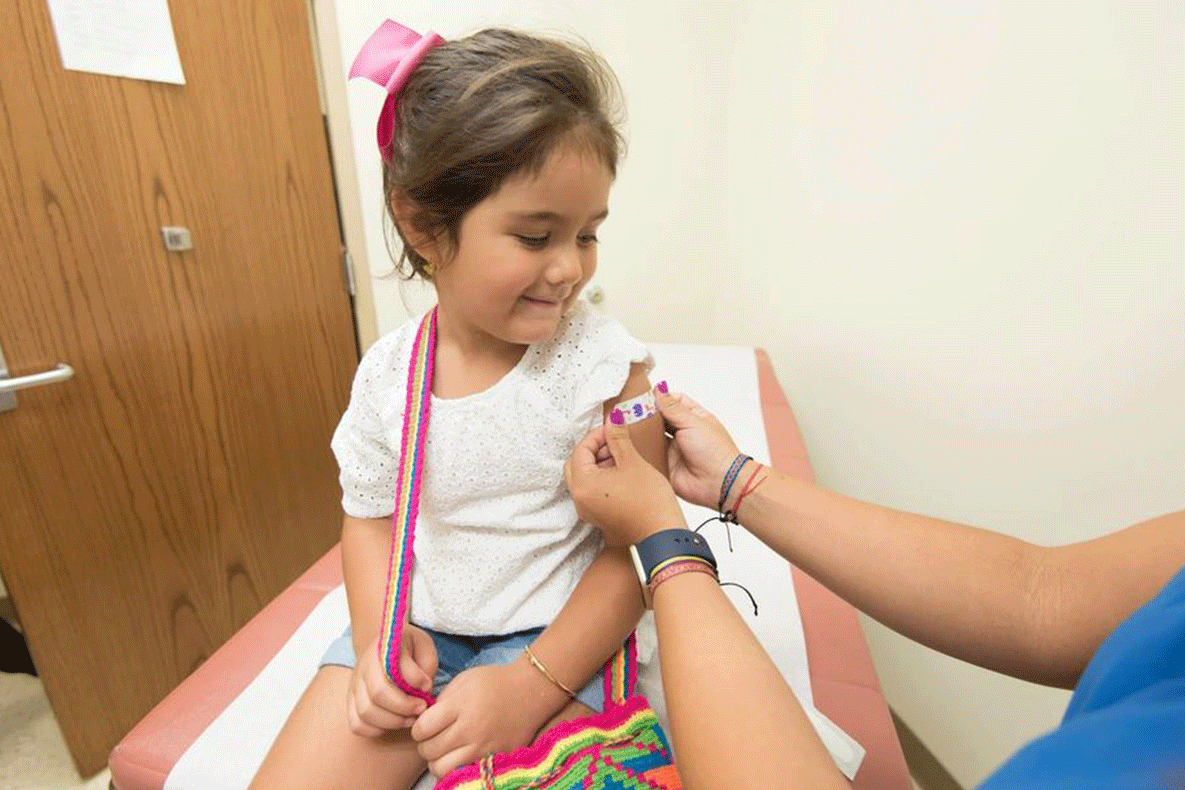AEPap believes it is necessary to provide the necessary vaccines to African countries experiencing smallpox epidemics.

The new Mpox 2024 variant has been identified in several African countries, such as the Democratic Republic of Congo, and has begun to spread to other continents, with one case reported in Sweden and another in Thailand. Health authorities are vigilant, although the risk is currently…
The new Mpox 2024 variant has been identified in several African countries, such as the Democratic Republic of Congo, and has begun to spread to other continents, with one case reported in Sweden and another in Thailand. Health authorities are vigilant, although the risk to EU citizens is currently low.
Dr. Mayte de Aranzabal, Coordinator of the AEPap Collaboration Groupindicates that, given the possible threat of an Mpox epidemic “AEPap has taken a proactive stance to protect children through preventive and educational measures. But we also want to highlight the importance of supporting vaccination in Africa, both out of humanitarian duty and the need to stop the spread of the virus.”
Primary care paediatricians are particularly concerned about the increase in smallpox cases among boys and girls on the African continent. “This group is particularly vulnerable due to their developing immune systems and increased exposure in settings where close contact is common, such as schools and homes.”
Unlike the 2022 outbreak, explains Dr. Cristina Rodriguez, from the AEPap Infectious Pathology Group.Cases affect all age groups, with children being the most affected, as well as regions with high numbers of cases in the pediatric population. Young children and people with weakened immune systems (such as those infected with HIV) are at greatest risk for serious illness and death. The exact incidence of the disease is unknown. in children and adults in these regions, while it remains unclear whether these new variants are more infectious, severe, or lethal.
The mechanism of transmission of Mpox in humans is from person to person through close contact with skin lesions, biological fluids, airborne droplets, contaminated objects, through the placenta or sexually. In endemic areas, transmission through infected mammals, mainly rodents or primates, is possible.
Initial symptoms: fever, headache, malaise, fatigueor subsequently a rash with pustules appears on the face and extremities. Symptoms usually last two to four weeks.
There is no specific treatment for smallpox, although there are vaccines and some antiviral drugs against smallpox that can be administered.
Spain has a limited number of vaccine containers, so unless there is a change in the evolution of the epidemic, they will be used for contacts at risk after infection. AEPap President, Dr. Pedro Gorrotxategui, remember that the vaccine”It is approved for use in adults and adolescents from 18 years of age due to the lack of specific data on its safety and effectiveness in minors. However, if necessary, it can be assessed individually and from a public health perspective.”
International cooperation: vaccination in Africa
The AEPap International Cooperation Group ensures that “The situation in Africa, particularly in the Democratic Republic of Congo, is critical due to lack of access to vaccines and limited resources available to combat this epidemic. The international community, including WHO and GAVI (the Vaccine Alliance), are working hard to distribute vaccines in these areas“, but the available doses are completely insufficient.
“At AEPap, we believe it is our moral and humanitarian duty to provide African countries with all the doses they need to protect their populations. This is the right thing to do and is necessary to stop the global spread of Mpox. An uncontrolled epidemic in Africa could have devastating consequences that would ultimately affect the rest of the world, including our own country. Vaccination in Africa is a preventive measure that protects both the most vulnerable and the global community as a whole.”
